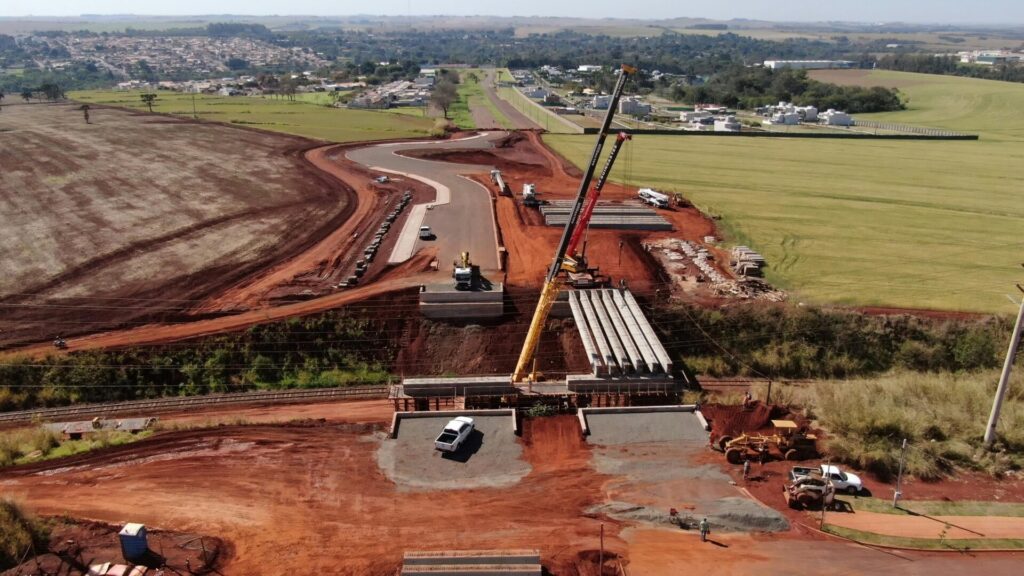Objecting to Development Applications in NSW
In New South Wales (NSW), development applications (DAs) are a crucial part of urban planning and community development. However, not all proposed developments align with the interests of neighbouring properties, and some developments may have significant environmental impacts on neighbouring properties, e.g. stormwater flooding. Understanding how to effectively object to a DA is essential for residents who wish to protect their property, environment and lifestyle. This article provides a guide on the process of objecting to development applications in NSW, the benefits of doing so, and the importance of seeking professional legal advice from a lawyer specialising in Environment and Planning Law.
Understanding Development Applications
Development applications are formal requests submitted to local councils (or other planning authorities) seeking permission to carry out proposed developments. These can range from residential buildings to commercial projects. The assessment of these applications considers various factors, including environmental impact, community interest, and compliance with local planning regulations.
The Role of Local Councils and other Planning Authorities
In most circumstances, local councils in NSW are typically responsible for assessing DAs. Depending on the specific DA, the planning consent authority may also be a local planning panel, regional planning panel, the Minister for Planning, or the Land and Environment Court. The consent authority is responsible for evaluating applications based on planning controls and community feedback. Public participation is a critical component of this process, allowing residents to voice their concerns and objections. The consent authority is required to consider the objections when determining the DA, and may communicate with objectors to ensure their specific circumstances are considered.
The Process of Objecting to a Development Application
Objecting to a DA involves several steps, each requiring careful consideration and timely action. Here’s a step-by-step guide to help you navigate the process:
- Review the Application: Obtain a copy of the DA from your local council’s website or office. Review the details thoroughly to understand the scope and impact of the proposed development.
- Identify Grounds for Objection: Common grounds for objection include environmental concerns, traffic congestion, noise pollution, and inconsistency with local planning policies.
- Submit a Written Objection: Draft a formal letter outlining your objections. Be clear, concise, and provide evidence to support your claims. Submit your objection within the specified public exhibition period. The objection can be accompanied by independent expert advice to support your objection, e.g. a report from a stormwater engineer.
- Attend Council Meetings: Participate in council meetings where the DA will be discussed. This is an opportunity to present your case and engage with decision-makers.
Benefits of Objecting to Development Applications
Objecting to a DA can have several benefits, not only for individuals but also for the broader community. Here are some key advantages:
- Protecting Community Interests: Objections can help safeguard community values and ensure that developments align with local needs and expectations.
- Environmental Preservation: By raising environmental concerns, objectors can influence the adoption of sustainable practices and mitigate negative impacts on the ecosystem, e.g. stormwater flooding.
- Improving Development Outcomes: Constructive objections can lead to modifications in the proposed development, resulting in better outcomes for all stakeholders, e.g. amendment to the stormwater management plan.
The Importance of Professional Legal Advice
While individuals can object to DAs independently, engaging an experienced planning lawyer can significantly enhance the effectiveness of your objection. Here’s why professional legal advice is invaluable:
Expertise in Planning Law
Planning lawyers possess in-depth knowledge of NSW planning laws and regulations. They can identify legal grounds for objection that may not be apparent to laypersons, increasing the likelihood of a successful outcome. Planning lawyers can also instruct independent experts to advise and product reports on specialised areas, e.g. stormwater engineering, which may be required to adequately support your objection.
Strategic Guidance
Experienced lawyers provide strategic advice on how to present your objections effectively. They can assist in drafting compelling submissions and represent you in council meetings or legal proceedings if necessary.
Conclusion
Objecting to development applications in NSW is a vital process for residents who wish to influence the future of their communities, and safeguard their properties. By understanding the DA process, identifying valid grounds for objection, and seeking professional legal advice, individuals can effectively participate in urban planning decisions. Engaging a planning lawyer not only enhances the chances of a successful objection but also ensures that community interests are robustly represented. As urban development continues to shape our cities, informed and active participation in the DA process remains crucial for sustainable and community-focused growth.
If you require advice from an experienced planning lawyer, please contact us today for assistance.



